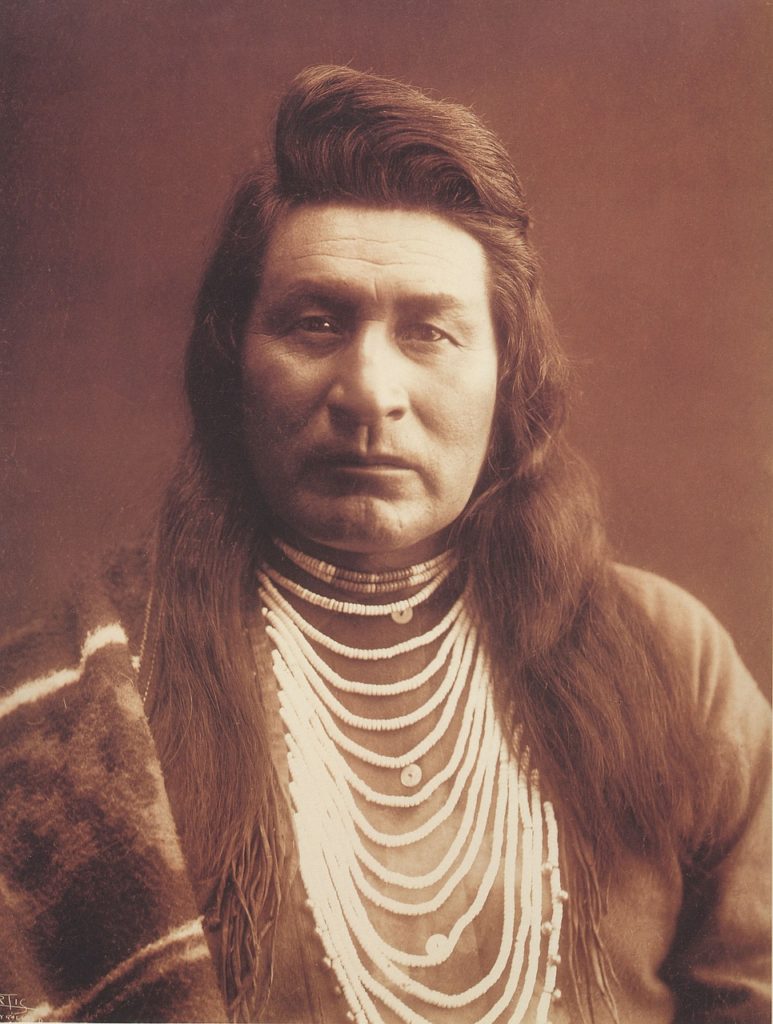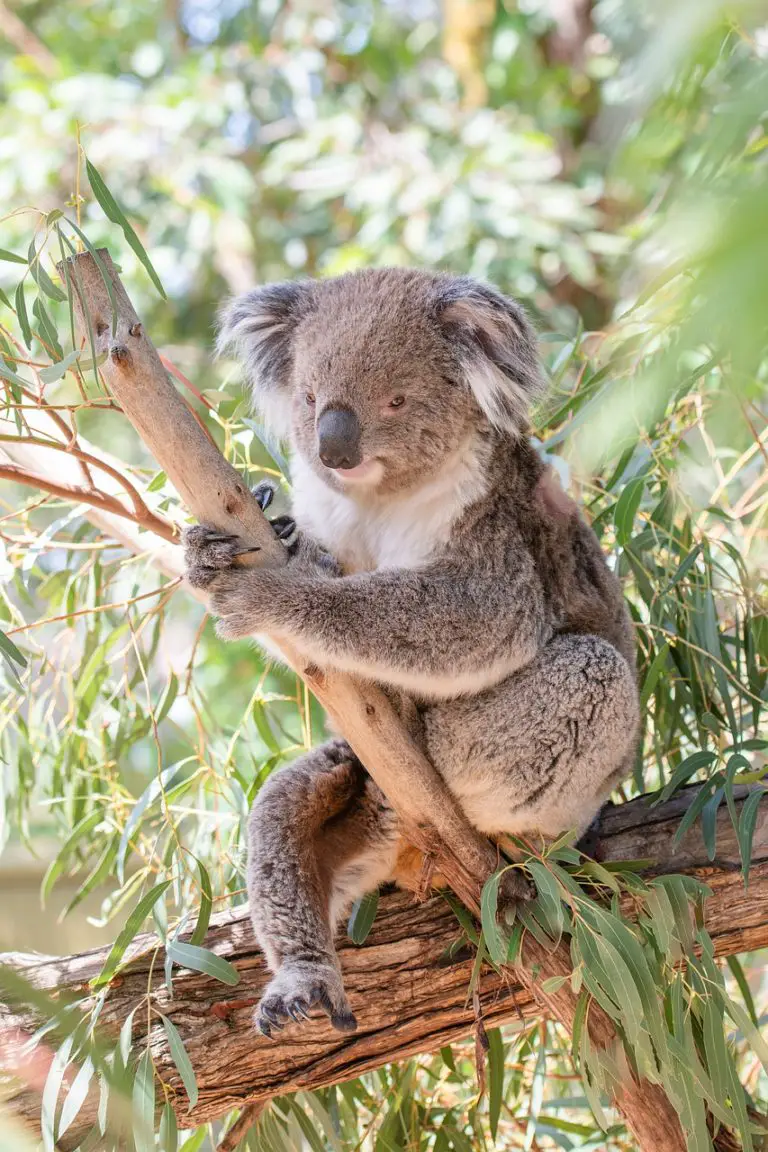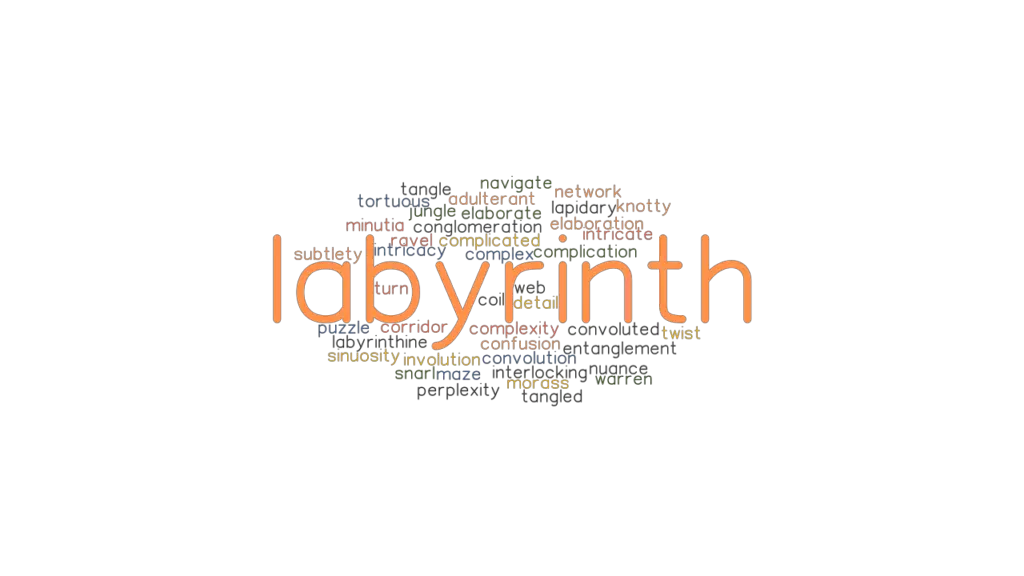

Use in reference to ‘persons whose ancestors inhabited Canada and received land grants and/or scrip” The Métis National Council adopted the following definition of “Métis” in 2002: “Métis” means a person who self-identifies as Métis, is distinct from other Aboriginal peoples, is of historic Métis Nation Ancestry and who is accepted by the Métis Nation.” *Métis are now covered by the Indian Act.

Métis Peoples are people of mixed Indigenous and European ancestry. Inuit are not the same as Innu as Innu are an Indigenous group that primarily live in northeastern Quebec and southern Labrador Here’s some more information on terminology related to Inuit Peoples of the World
Inuit People - in the Inuktitut language the term Inuit translates to "the people".Įskimo as it is considered derogatory. Use Inuuk when referring to two people for three or more people, it is Inuit. Use Inuk when referring to an individual Inuit person. Ontario has a very small Inuit population. Indigenous people in northern Canada, living mainly in Nunavut, Northwest Territories, northern Quebec and Labrador. If using interchangeably with First Nations as some may have more preference for Indigenous Peoples, for example First Nation communities in Ontario have expressed publicly and politically that they prefer Indigenous Peoples Use interchangeably with Aboriginal Peoples. In “ Indigenous or Aboriginal - Which is correct” we explore the difference. Treaty Indians - are those who are members of a community whose ancestors signed a treaty with the Crown and as a result are entitled to treaty benefits.Ī collective noun for First Nations, Inuit Metis and growing in popularity in Canada. *Non-status Indians - are those who generally speaking have two distinct qualities: (1) they lack status under the Indian Act and (2) they have Indian heritage in other words, they have lost their status or whose ancestors were never registered or who lost their status under former or current provisions of the Indian Act Status Indians - are those who are registered under the Indian Act If using in front of individuals as some may deem it is derogatory and outdated and call you out on it. Use in statistical information collected using these categories (e.g., the Census)”. Use in discussions of rights and benefits provided on the basis of "Indian" status. Use in discussions of some legal/constitutional matters requiring precision in terminology. Use in discussions of history where necessary for clarity and accuracy. Use when citing titles of books, works of art, etc. One story about the origin of the term “Indian” dates back to Christopher Columbus, who mistakenly thought he had reached the East Indies, so referred to the people in the lands he visited as “indios” which is Spanish for Indian. “Indian” is the legal identity of an Indigenous person who is registered under the Indian Act. If using interchangeably with First Nations as some may have more preference for Indigenous Peoples, for example First Nation communities in Ontario have expressed publicly and politically that they prefer Indigenous Peoples. If using interchangeably with Aboriginal Peoples as some First Nations people don’t like the term Aboriginal Peoples  Use instead of “Indian” when referring to an individual. Use “First Nation community” is a respectful alternative phrase. Use to refer to a single band or the plural First Nations for many bands. There is no legal definition for First Nation and it is acceptable as both a noun and a modifier. First Nations people includes both status and non-status Indians so there’s a need to careful with its usage, especially if in reference to programs that are specifically for status-Indians.
Use instead of “Indian” when referring to an individual. Use “First Nation community” is a respectful alternative phrase. Use to refer to a single band or the plural First Nations for many bands. There is no legal definition for First Nation and it is acceptable as both a noun and a modifier. First Nations people includes both status and non-status Indians so there’s a need to careful with its usage, especially if in reference to programs that are specifically for status-Indians. 
This term came into common usage in the 1970s to replace the term “Indian” and “Indian band” which many find offensive. If using this, it should always be Aboriginal Peoples together as opposed to Aboriginal or Aboriginals.įirst Nation is a term used to identify Indigenous peoples of Canada who are neither Métis nor Inuit. If using interchangeably with First Nations note that some First Nations prefer not to be called Aboriginal Peoples
Use interchangeably with Indigenous Peoples. The collective noun used in the Constitution Act 1982 and includes the Indian (or First Nations), Inuit and Metis Peoples so legally it will always have a place at the terminology table.








 0 kommentar(er)
0 kommentar(er)
